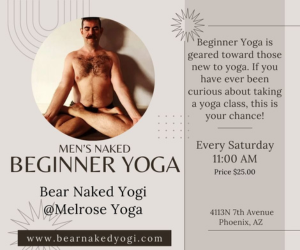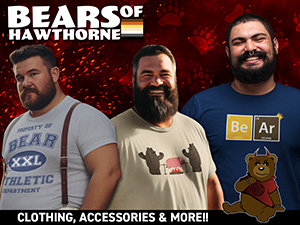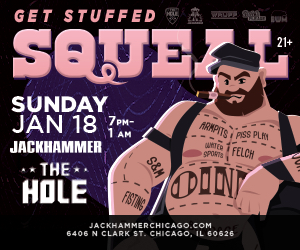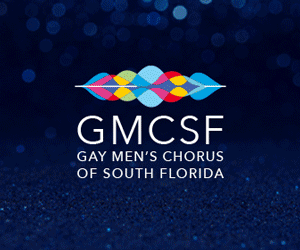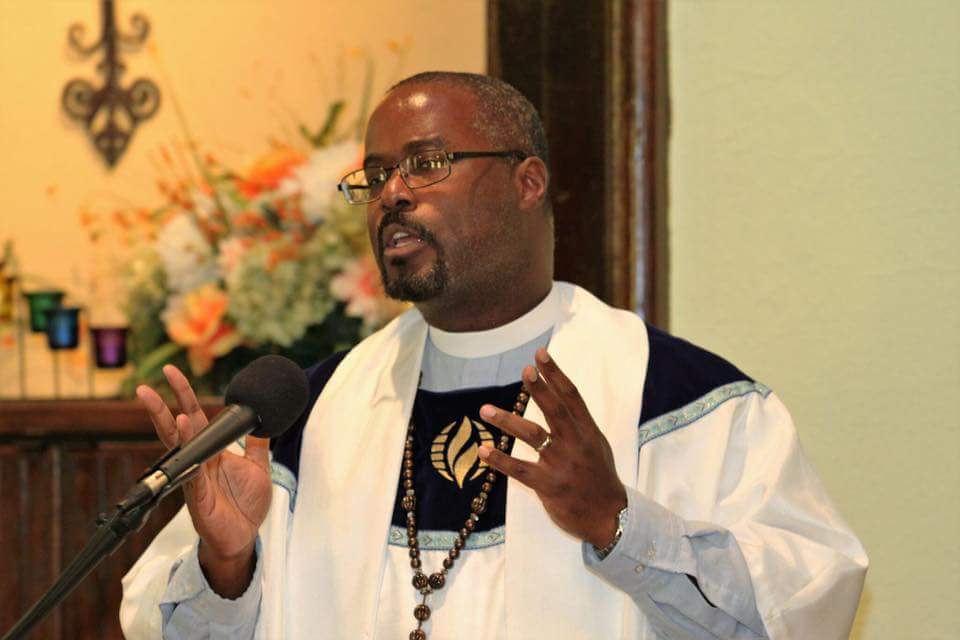
Overcoming Spiritual Violence and Embracing Peace with Rev. Dr. Roland Stringfellow
As we move through the Spring holidays towards the summer, we continue our look at bears and spirituality. As part of our mind, body, spirit theme this month we explored possible paths back to spirituality for queer people in general, and then took a deeper look at Queer Judaism with Rabbi David Dunn Bauer last week. This week we turn our eyes towards Christianity with Rev. Dr. Roland Stringfellow, an out gay minister and proud bear.
Rev. Dr. Stringfellow is the Senior Pastor of Metropolitan Community Church Detroit who also works with congregations on LGBTQ inclusion as the Managing Director of the Center for LGBTQ and Gender Studies (CLGS) in Religion on the campus of the Pacific School of Religion.
In addition to that, Rev. Dr. Stringfellow has been consulted by media outlets numerous times regarding his work on marriage equality and religious liberty and the role people of color and communities of faith play in this national debate. He is also affiliates with the Black Bear Brotherhood, Detroit chapter.
Here is what he had to say about queer adults looking to re-examine their relationship with Christianity.
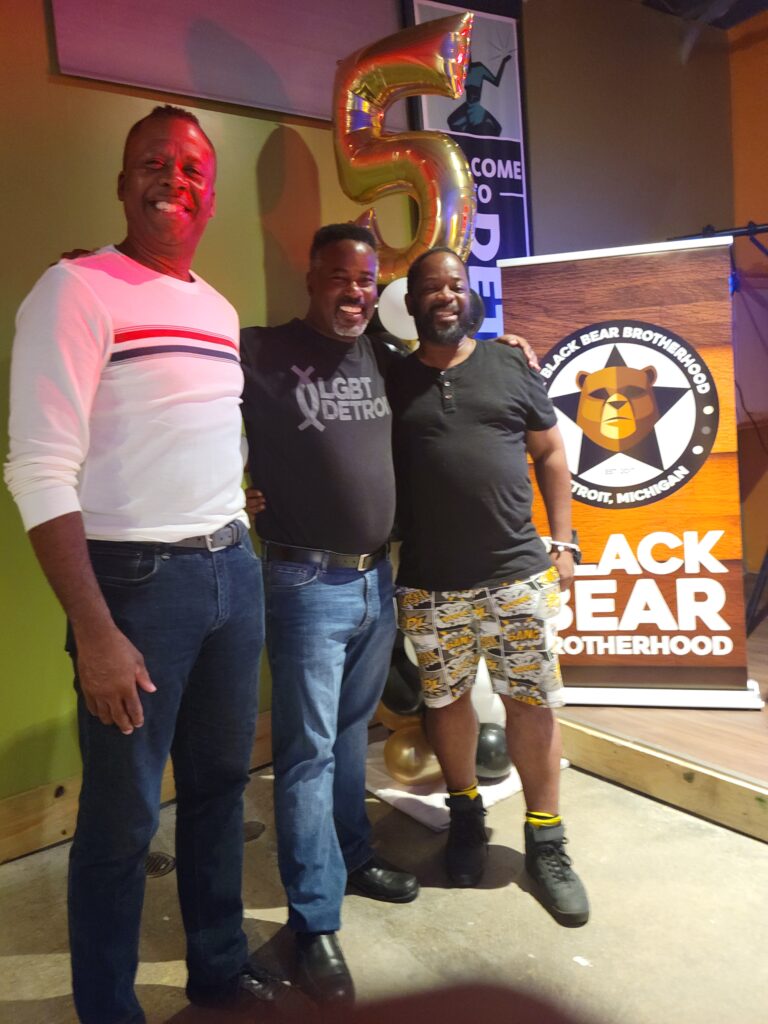
John Hernandez (JH): Is there a path of return for queer people to a religious tradition that may have alienated them as children/ young adults?
Rev. Dr. Roland Stringfellow (RDRS): To travel back to a path of religious practice and community, there first has to be an invitation. I believe there is an internal invitation that comes from the need to have equilibrium in one’s life – the balance of mind, body, and spirit. This is also known as holistic health. It is good to work out your body for good health, have intellectual pursuits for your mind, but what often goes neglected is the spiritual side. If a person is feeling a disturbance or lack of peace, then this is an internal invitation to seek God once again. There are many Christian congregations that welcome LGBTQ+ individuals to come as their authentic selves. I call it “worshipping in Spirit and in Truth.” Even if the church of your youth still does not welcome you in your authenticity, finding another community that will is a great way of recovering from the “spiritual violence” inflicted as a youth.
JH: What LGBTQ+ welcoming Christian congregations you can recommend for queer people?
RDRS: I have been a member of the Metropolitan Community Churches for the past 18 years serving as clergy. The MCC was founded by the Rev. Troy Perry, who was shamed from his pulpit as a Pentecostal preacher. He considered taking his own life but was inspired instead to begin a church in his living room in Los Angeles in 1968 welcoming anyone who wanted to worship as their authentic self. Today, the MCC is a worldwide denomination in over 20 countries (visitmccchurch.com) and practices “queer liberation theology” and supports human rights globally. Even if there is not an MCC near you, there are many congregations that host their worship services online. My congregation, MCC Detroit, host a hybrid service (both in-person and online) each Sunday.
JH: Is there a need to reconcile your queerness with your religious beliefs?
RDRS: Some may believe there is no need to heal the “spiritual violence” that was inflicted by the churches of our youth. But just like carrying the burden of any violent act in our bodies and minds, it has a way of keeping us stuck. Spiritual violence is defined as any word or action used to shame or condemn someone in the name of God or a religious community. The natural response is to simply walk away from the hurt or embarrassment. However, healing only comes when we begin to separate those violent words and actions from the unconditional love of God. Our sexual orientation and gender identity and expression are gifts from God given so we may create love and accept others. I believe there are bridges found in the Bible to help queer people in this reconciliation process. One bridge is the story of the Ethiopian Eunuch (Acts 8:26-40) who is a queer character told by the Apostle there is nothing to prevent him from being baptized and accepted by God. The same holds true for people today.
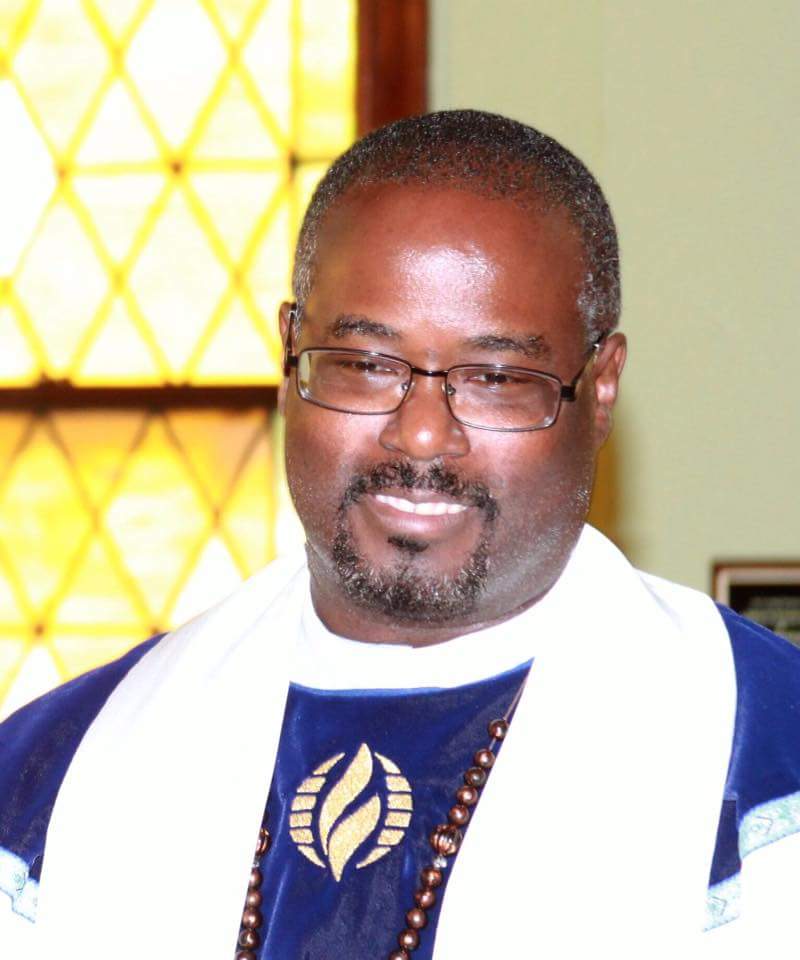
JH: Is it possible to be a solo practitioner of Christianity?
RDRS: It is certainly possible to be a solo practitioner of one’s religion, but there is benefit in practicing religion in a community. Going solo helps with the self-introspection and “spiritual spring cleaning” as I like to refer to it. Asking ourselves, “When I rest at night, am I at peace?” “Do I like/love myself?” Identifying the old tapes in our mind that criticize is a good way of doing introspection on a regular “spring cleaning” basis. Being a member of a spiritual/religious community provides the structure of receiving spiritual truths and the benefits of friendship with others who can give support when going through tough times.
JH: Easter just passed on April 9th. What does the holiday mean to you?
RDRS: Easter is the culmination of all of who we are as human beings. For the Christian, it is God’s promise that all that is wrong in this world and in our lives has a bright ending. The hope of resurrection (what is dead will live again) gives a peace that surpasses our negative circumstances. Easter means that I no longer have to deal with performance anxiety or trying to be good enough to be accepted. Because of my faith in Christ’s resurrection, God sees me as if I have lived a perfect life. Clearly, I am far from perfect, but in terms of following the Ten Commandments, the Golden Rule or any moral teaching, I am not accepted by keeping these, but by through accepting Christ’s love for me. I also look forward to the jellybeans!
JH: Is there anything about your work or ministry you’d like to share?
RDRS: I began my ministry in 1990 as a pastor in the Baptist church. I was not a preacher on the “DL”, but I was someone who sincerely tried to change my orientation because I thought it was what God wanted (so I had been told). The more I denied my same-sex attraction, the more horrible I felt until I realized that I never had true peace in my life. I dared to accept myself as gay and that was when the presence of peace filled me. I left that church and enrolled in a theological school where I could study LGBT ministry – at the Pacific School of Religion in Berkeley, California. Today I work at PSR as the Managing Director of the Center for LGBTQ and Gender Studies in Religion. We train the next generation of queer theologians and engage in “sacred activism” with queer religious people to take a public stand for equality.





